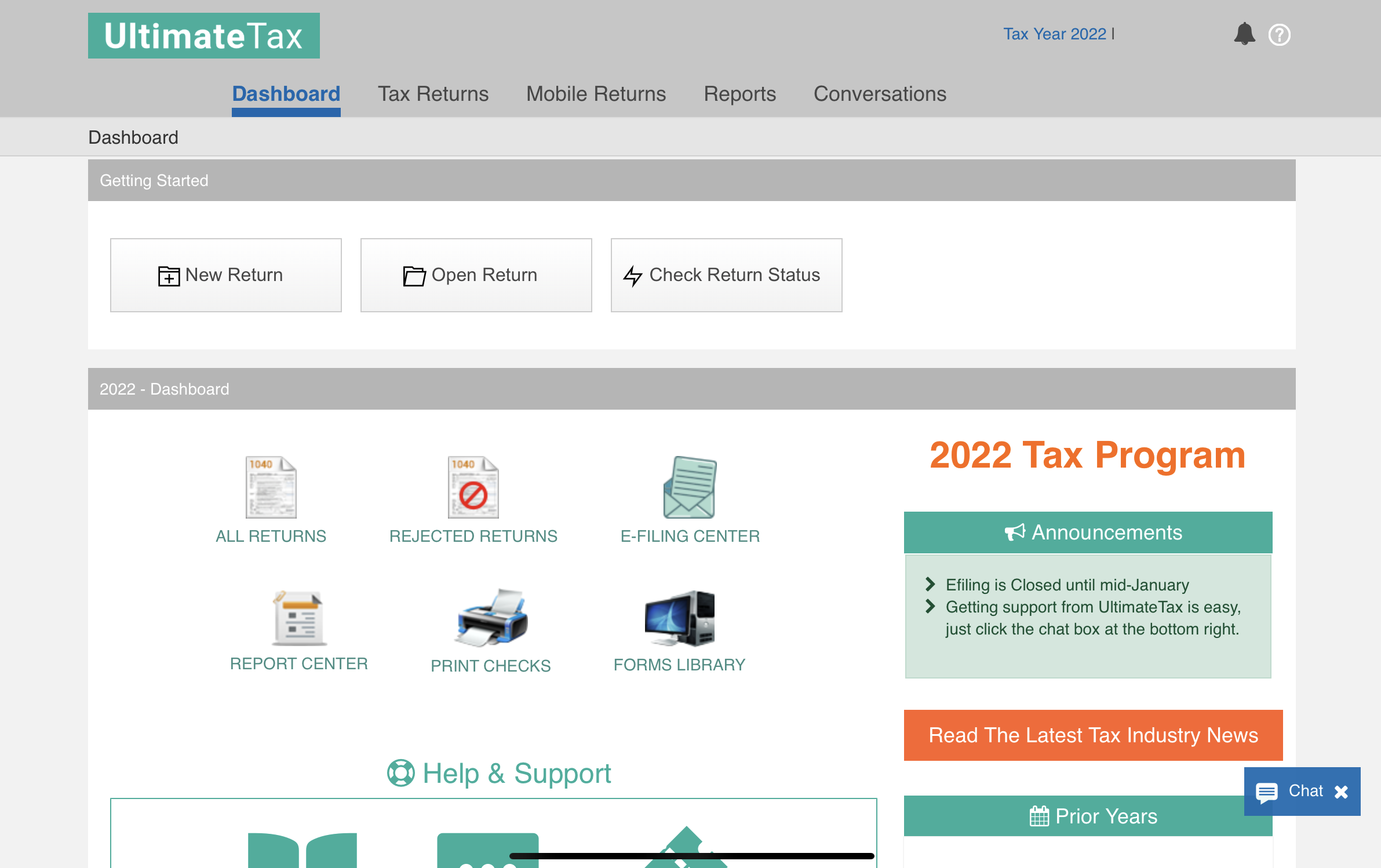Regulating tax preparers has been a hot topic of controversy over the last few years. The IRS has really gone to bat to try and get some sort of licensing process in place. Ever since the Loving v. Commissioner Case the IRS has battled to gain back some control. Even yet, they are not giving up.
This new proposal would provide the IRS and the Department of the Treasury with the authority to regulate “all aspects of Federal tax practice, including paid tax return preparers. “ as the proposal stands now, this would not give them any specific guidelines, “all aspects” being the key
The American Institute of CPA’s (AICPA) isn’t going to let this happen without a fight though. They wrote a letter to Congress to express their concerns. To begin, they stress that they support and will continue to support their continuing efforts to combat identity theft and tax fraud. The main concern is where to draw the line at the broad authority that this would grant the IRS and the Treasury Committee to regulate paid preparers. They recommend at the very least a revision to consider specific recommendations to (1) Limit the IRS’s authority to require a preparer tax identification number (PTIN) and (2) protect the public from marketplace confusion.
This means that tax professionals may have to get licensed again which will entail passing exams and continuing education credits. Chances are that this isn’t going to help weed out all of the bad preparers. They will just skim through the cracks by the skin of their teeth to ensure they receive a license to keep preparing. Hopefully it would intimidate at least a few of the not-so-good tax preparers to stay out of the business this year
UltimateTax Service, Inc. is a professional tax software provider. We provide this information as a service to our clients and friends. The information we post is for your viewing and knowledge pleasure. We take all information we post seriously and stand behind what we post. However, information we post is not meant to be used as your sole position in tax cases.






